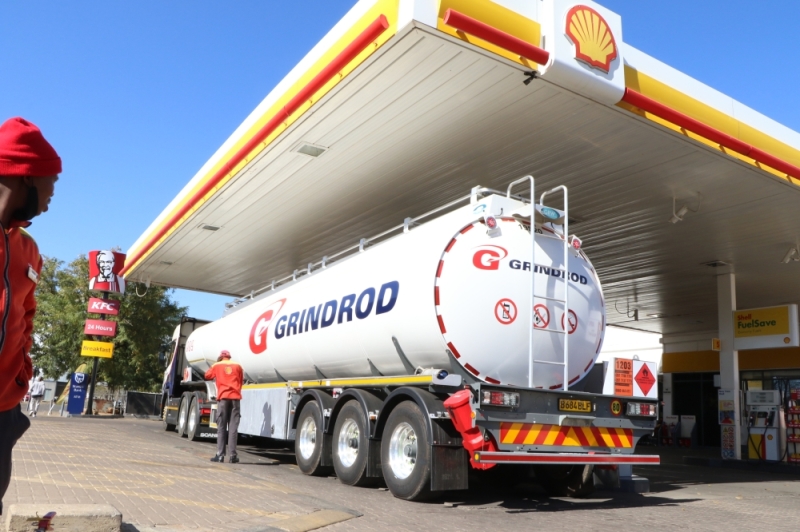Shell, Engen merger threatens fuel supply monopoly
Lewanika Timothy | Monday November 27, 2023 06:00


The Competition and Consumer Authority (CCA), a government body overseeing anti-competitive practices, has expressed reservations about the merger, pointing out the dominant market share of the two companies in the country's energy landscape.
According to CCA officials, the unhindered merger of Vivo Energy and Engen Botswana could lead to unprecedented market power, posing a threat to healthy competition in the fuel sector.
“The analysis of the facts of the merger has shown that the implementation of the proposed transaction will result in an acquisition of dominance in the market for the supply or wholesale of petroleum products to Retail customers in Botswana and a substantial player in the Commercial market” the memo revealed.
The merged enterprises Vivo Energy and Engen Botswana would control all Shell-branded petroleum operations and Engen's retail supply of refined petroleum products, including unleaded 93 and 95 octane petrol, diesel, lubricants, and gasoline for both retail and commercial customers.
The competition concerns are further heightened by the fact that both merging entities target the same customers and offer similar services to wholesale buyers like mines and airlines. This creates a horizontal overlap, consolidating a large market share in the hands of a single provider. “This infers that the Merging Parties target and compete for similar customers. Thus, the assessment of the merger has established a horizontal overlap in the activities of the Merging Parties in the two established market segments,” officials revealed.
This proposed merger is part of Vivo Energy's regional acquisition of all Engen operations, dating back to 2017. With Botswana excluded from the initial agreement, the multi-million pula deal expanded in 2017, with Engen surrendering its operations in nine African countries at the time.
However, CCA officials emphasise that competition concerns are mitigated by the government's role in the fuel industry as a price broker and licensor, which can regulate market dominance risks.
'The dynamics and structure of the relevant market, in terms of licensing and pricing, have the potential to counteract competition effects arising from the established dominant position of the merged entity,' officials explained.
As part of the proposed deal, the CCA has imposed a three-year embargo on worker retrenchments and mandated the merged entity to divest 40 service stations (either Engen or Shell-branded) to wholly owned citizen companies.
